At the National Assembly Standing Committee's financial question-and-answer session on the morning of March 18, Finance Minister Ho Duc Phoc explained the recent increase in airfare prices.
The head of the Ministry of Finance said that, based on the provisions of the Price Law, the Ministry of Transport will decide the airfare price range. Companies will sell tickets within that range and based on the actual travel needs of people to set appropriate ticket prices.
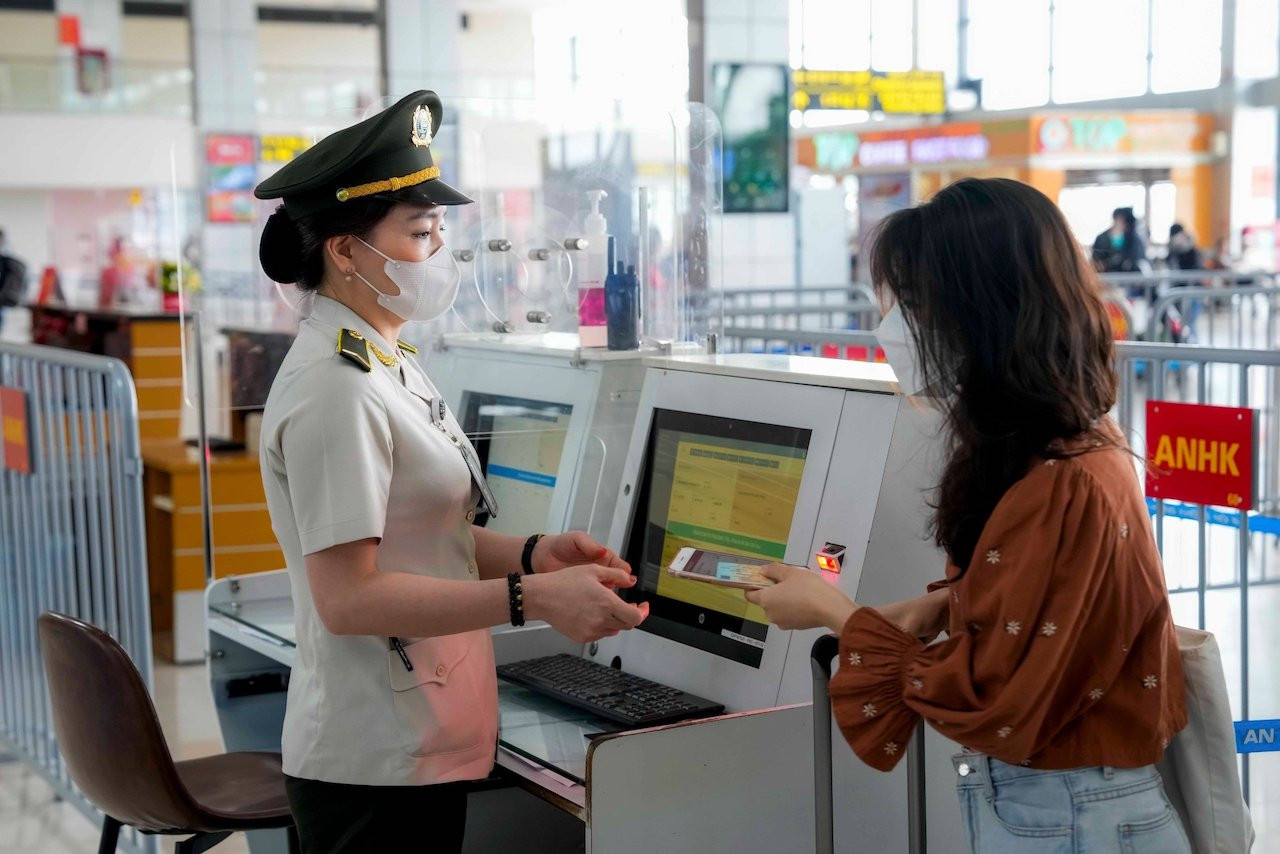
Notably, Mr. Phoc informed that although airfares have recently increased, companies are still making losses. For example, Bamboo has cut many routes, and Vietjet is also facing difficulties. With Vietnam Airlines losing up to 37,000 billion VND, the year with the fastest and strongest profit is only 3,000 billion VND and is still very difficult.
Explaining why despite the high price of airline tickets, companies are still making losses, Associate Professor, Dr. Dinh Trong Thinh - an economic expert, said there are many reasons.
“First, the number of passengers on flights is unstable, and the flow of people traveling by plane at any given time is also unstable.
For example, the 1,800 km long Hanoi - Ho Chi Minh City route is very favorable for aviation development, but the cost of flying is very high and not everyone can afford to fly. Therefore, the number of passengers is only crowded at certain times, especially during holidays and Tet.
The increase in passengers at certain times means that there is not enough staff to serve the passengers, while the operating costs of airlines still have to be paid when there are few passengers. Meanwhile, airlines that rent planes have to rent them for several years but only during busy times,” Associate Professor Dr. Dinh Trong Thinh said.
The second reason, according to experts, is that opening a flight route also requires strict regulations. Even with low passenger traffic, flights must still be maintained at a frequency of 1-2 flights/week, causing increased costs.
“According to regulations, airlines must still operate flights on routes with few passengers, and even if they lose money, they still have to fly. Therefore, routes with a large number of passengers are not enough for airlines to make up for losses on routes with few passengers,” Associate Professor Dinh Trong Thinh said.
Another reason, according to experts, is that the highway infrastructure is being completed, and the railway service quality is also improving, causing the number of passengers on short flights to decrease. Meanwhile, there are still passengers who have to fly and have to accept losses. On the contrary, during peak holidays and Tet holidays, there are no passengers and not enough planes to serve. Therefore, airfares will have to increase according to demand, and even at high prices, they cannot be purchased.
"The cost of maintaining flights is too high, while there are no passengers, causing airlines to lose more and more money by renting planes, because when renting planes, there will be many additional costs, parking, take-off and landing, maintenance, etc. This is also the reason why airlines continuously return planes to leasing partners.
Specifically, Bamboo Airways returned a series of aircraft to reduce its scale, to the aircraft engine manufacturer announcing a recall of faulty engines, and recently, Pacific Airlines' move to return all aircraft. By the end of 2023, the total number of commercial aircraft registered in Vietnam was 247. Of these, Pacific Airlines had 11 Airbus A320s.
This means there is a shortage of planes to serve flights, and so during the peak season on April 30, airfare prices will increase even though they will not exceed the ceiling price," Associate Professor Dr. Dinh Trong Thinh said.
Source


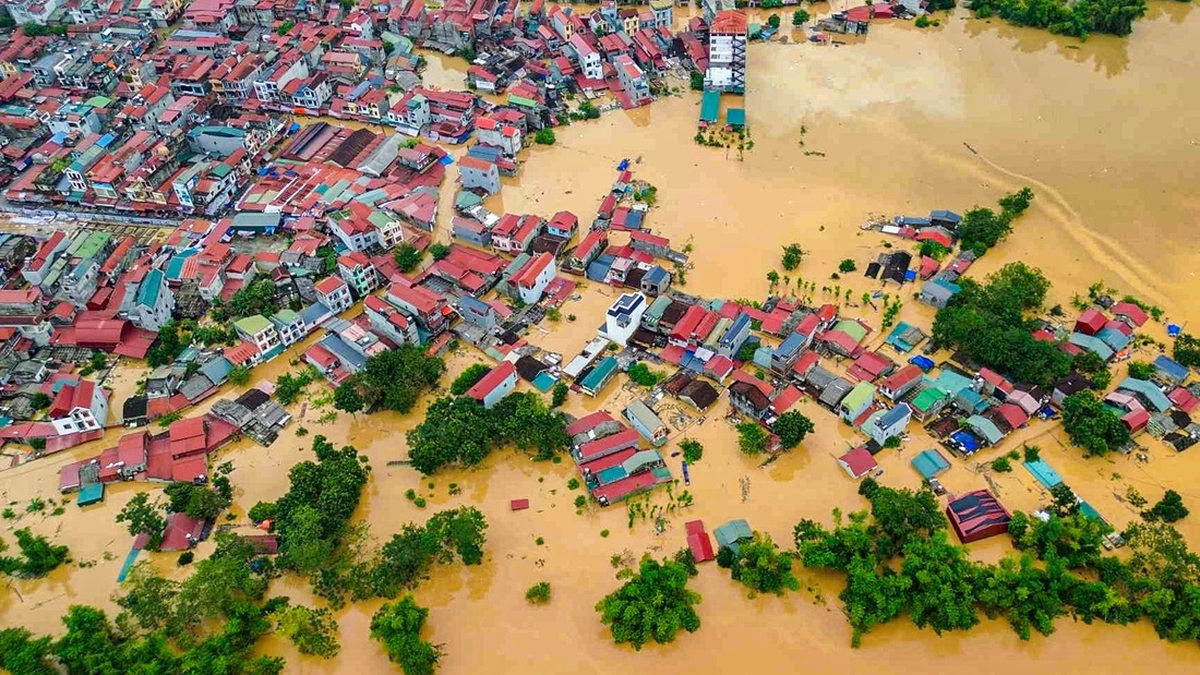
![[Photo] Closing of the 13th Conference of the 13th Party Central Committee](https://vphoto.vietnam.vn/thumb/1200x675/vietnam/resource/IMAGE/2025/10/08/1759893763535_ndo_br_a3-bnd-2504-jpg.webp)








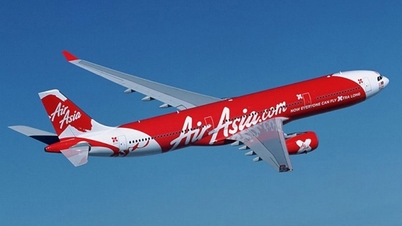





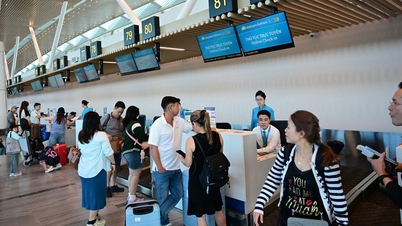


















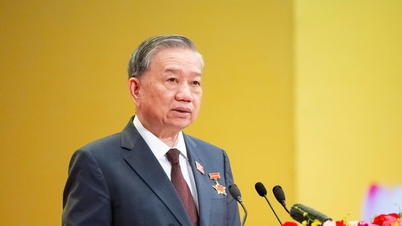


























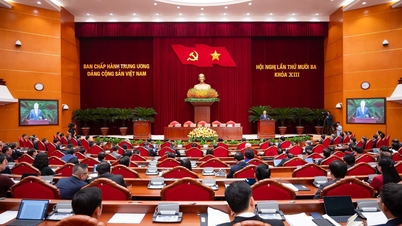


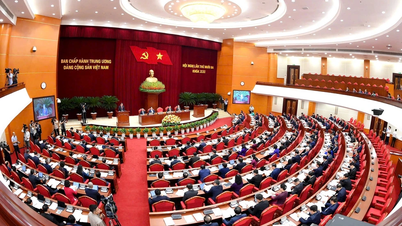

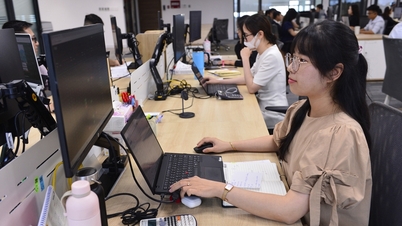






























Comment (0)